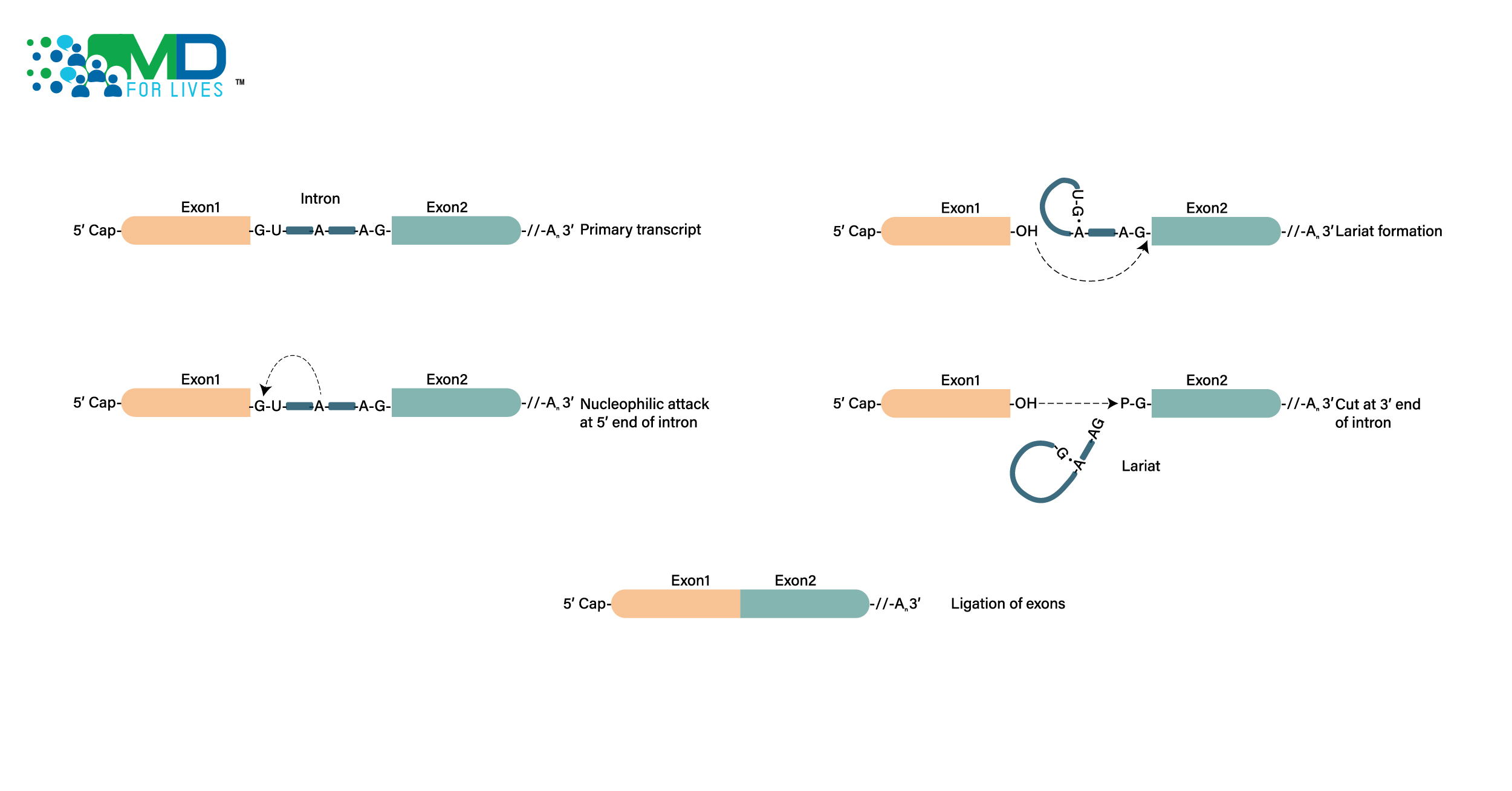Parkinson’s disease (PD) is a debilitating neurodegenerative disorder associated with both motor as well as non-motor symptoms (NMS). Though psychosis is commonly associated with PD, it is often under recognized by physicians.1 Hallucinations or delusions can occur in as many as 50% of patients with PD and can be profoundly disturbing and disabling to both patients and caregivers. Treatment of psychotic symptoms with atypical antipsychotics such as clozapine and quetiapine has been associated with substantial side effects. The serotonin 2a receptor (5 HT2a) triggered mechanisms of these drugs have been held responsible for their antipsychotic effects.2
Pimavanserin, a selective 5 HT2a receptor inverse agonist1 developed by Acadia pharmaceuticals has been approved in the US in April 2016 for the treatment of hallucinations and delusions associated with psychosis in PD.3 Pimavanserin antagonizes the full activity of agonists, simultaneously lowering the basal level of receptor signaling. The 5HT2A receptor selectivity of Pimavanserin is approximately 30-fold more over other 5HT receptors and has no effect on dopamine receptors. Preclinical data demonstrated a favorable pharmacokinetic as well as side-effect profile.1
The efficacy and safety of pimavanserin has been demonstrated in a 6-week, randomized, double-blind, placebo-controlled study, conducted in 199 patients with Parkinson’s disease psychosis. Eligible participants were randomly assigned (1:1) to receive pimavanserin 40 mg per day or matched placebo. Parkinson’s disease-adapted scale for assessment of positive symptoms (SAPSPD) was used to demonstrate the primary outcome of antipsychotic benefit by central, independent raters in all patients who received at least one dose of study drug and had a SAPS assessment at baseline and at least one follow-up. In the primary analysis which included 90 recipients from the placebo arm and 95 recipients from pimavanserin arm, pimavanserin demonstrated a −5·79 decrease in SAPS-PD scores compared with −2·73 for placebo (difference –3·06, 95% CI –4·91 to –1·20; p=0·001; Cohen’s d 0·50). Overall, Pimavanserin was well tolerated with no worsening of motor function.4 The most commonly reported adverse events in clinical trials were swelling, usually of the ankles, legs, and feet as a result of peripheral edema; nausea; and confused state.3
The drug was given the greenlight by the FDA’s Psychopharmalogic Drugs Advisory Committee on March 30, 2016. The committee members had concerns regarding increased risk of adverse events including death; however, it felt that the benefits outweigh its risks.5
As with other atypical antipsychotic drugs, Pimavanserin has a boxed warning alerting healthcare professionals about an increased risk for death associated with the use of these drugs to treat older people with dementia-related psychosis. No drug in this class is approved to treat patients with dementia-related psychosis.3
A breakthrough therapy designation has been granted to pimavanserin for the treatment of hallucinations and delusions associated with PD. A priority review has also been granted to the drug. The development of pimavanserin represents an important treatment for people with PD who experience psychotic symptoms.5
Credits: Dr. Neha Mahadeshwar on behalf of Borderless Access
Copyright © 2016 BorderlessAccess
References
- Sarva H, Henchcliffe C. Evidence for the use of pimavanserin in the treatment of Parkinson’s disease psychosis. Ther Adv Neurol Disord.
- Majláth Z, Obál I, Vécsei L. Treatment possibilities for psychosis in Parkinson’s disease with an emphasis on the newly approved drug: Pimavanserin. CNS Neurol Disord Drug Targets. 2016 Oct 6.
- FDA approves first drug to treat hallucinations and delusions associated with Parkinson’s disease.
- Cummings J, Isaacson S, Mills R, Williams H, Chi-Burris K, Corbett A, Dhall R, Ballard C. Pimavanserin for patients with Parkinson’s disease psychosis: a randomised, placebo-controlled phase 3 trial. Lancet. 2014;383(9916):533-540.
- FDA Okays Pimavanserin for Hallucinations, Delusions in PD






